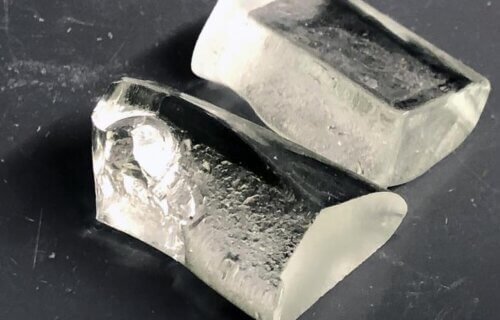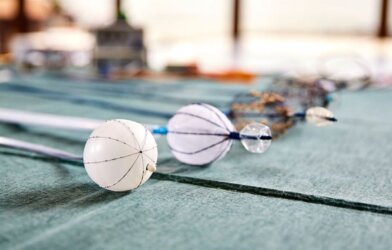UNIVERSITY PARK, Pa. — A breakthrough in glass manufacturing has the potential to cut the carbon dioxide emissions connected to the industry in half. Penn State scientists have engineered a new type of glass called LionGlass, which requires significantly less energy to produce and boasts remarkable damage resistance compared to standard soda lime silicate glass. The team has filed a patent application, paving the way for this eco-friendly and robust glass to enter the market.
“LionGlass eliminates the use of carbon-containing materials and significantly lowers the melting temperature of the glass,” says lead researcher John Mauro, Professor of Materials Science and Engineering, in a university release.
Mauro highlighted the goal of making glass manufacturing sustainable: Unlike soda lime silicate glass, which emits carbon dioxide during the melting process, LionGlass reduces energy consumption by approximately 30 percent due to its lower melting temperatures.

The benefits of LionGlass extend beyond environmental impact. Surprisingly, the researchers discovered that LionGlass exhibited significantly higher crack resistance compared to traditional glass. LionGlass is at least 10 times more crack-resistant than soda lime glass. The strength of LionGlass enables the creation of thinner and lighter products while maintaining the same level of damage resistance.
“Glass that is resistant to forming microcracks in the first place is especially valuable,” Mauro emphasizes.
He went on to say the strength and durability of LionGlass offer numerous applications for the automotive and electronics industries that rely on the reliability and safety of glass.
The research team is continuing to explore the potential of LionGlass by examining various compositions within the LionGlass family. They have filed a patent application and are subjecting different LionGlass compositions to different chemical environments to understand its reactions. This exploration will inform future applications and contribute to solving global challenges in areas such as environmental issues, renewable energy, energy efficiency, healthcare, and urban development.
“Glass can play a vital role in solving these issues, and we are ready to contribute,” Mauro adds.
You might also be interested in:
- Best Whiskey Glasses In 2023: Top 5 Products Most Recommended By Experts
- Smart eyeglass lenses that slow down vision loss on the horizon, scientists reveal




